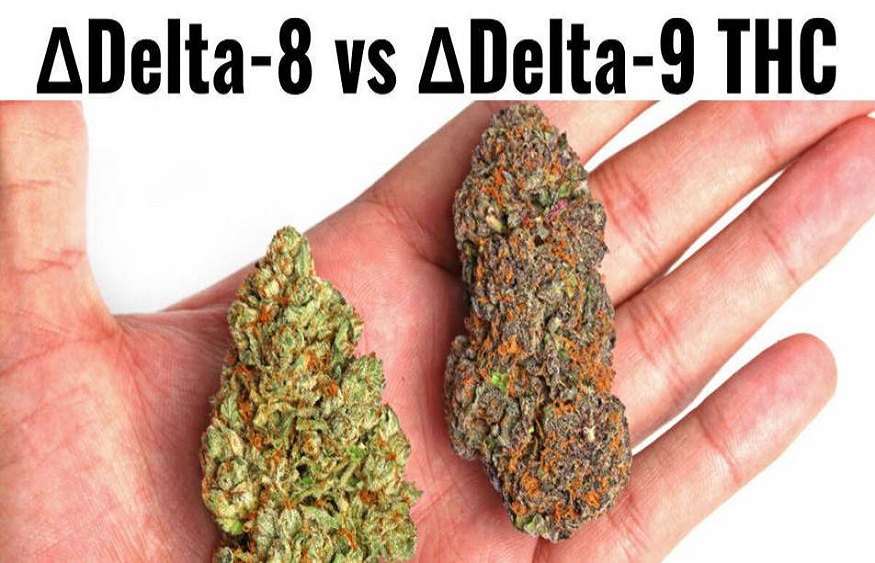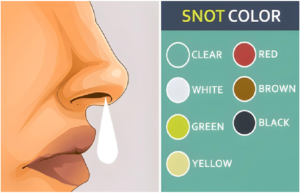What is the difference between Delta 8 and Delta 9 THC?
The explosive rise in Delta 8 THC supplements promises many of marijuana’s touted wellness benefits but with minimal anxiety or impairment. This intoxicating yet clear-headed cannabinoid cousin provides appealing options for those seeking hemp’s helpful properties without intense psychoactivity. But how comparable is the Delta 8 experience actually when weighed against traditional Delta 9 THC-dominating cannabis strains? Understanding key molecular similarities along with slight structural differences sheds light on subjective variances in effects.

Molecular relationship
Delta 8 THC and Delta 9 THC share almost identical molecular formulas. The only distinction comes down to the placement of a double carbon bond on their chain-like configuration. Yet this seemingly trivial divergence significantly alters the compounds’ chemical behavior and interaction with the human endocannabinoid system.
Both enter the lungs and bloodstream rapidly when inhaled for prompt effects. They easily cross the blood-brain barrier to reach CB1 receptors concentrated in the brain, central organs, and nervous system. Here their ability to bind with receptors creates noticeable impacts on perception, cognition, and physiology based on dose. However, the differing chemical bonds between delta 8 vapeand Delta 9 translate to meaningful disparities in potency, effects, and federal legal status. Their subtle structural dynamics steer the user experience towards contrasting outcomes.
Key effect similarities
Despite some stark differences covered next, Delta 8 and Delta 9 share these core effects through shared stimulation of the endocannabinoid system.
- Improves appetite
- Reduces nausea
- Lowers inflammation
- Eases pain signals
- Promotes deeper sleep
- Elevates subjective well-being
They also both create signature intoxication, or “high”, by activating CB1 receptors. But, clear contrasts emerge in how this manifests between the two THC forms.
Key effect differences
The slight chemical variance between Delta 8 and 9 produces these effect divergences.
- Intoxication style and strength – Delta 8 induces milder cognitive and perceptual shifts akin to lower-potency cannabis strains. It elicits motivating, creative euphoria with lower anxiety or paranoia risk. Delta 9 alternatively causes more intense intoxication with greater sedation and cloudiness.
- Duration of effects – Inhaled Delta 8 highs last around 3-4 hours on average versus 4-6 hours with traditional smoked or vaped Delta 9 products. Digesting edibles lengthens the duration substantially for both, but Delta 9’s effects run longer here too.
- Legality – While complex and evolving, Delta 9 THC remains federally illegal at all levels based on outdated restrictions. Hemp-derived Delta 8 products containing under 0.3% Delta 9 technically stay legal thanks to the 2018 Farm Bill. However, varying state laws muddle this status.
Which is better? – It depends on your priorities
Choosing whether Delta 8 or traditional Delta 9 THC suits one’s wellness goals better constitutes a personal judgment call. Those wanting cannabis advantages without intense intoxication tend to prefer Delta 8. It offers functional clarity missed by many with standard marijuana. However, others feel Delta 9’s more potent high enhances creativity, enjoyment, or health conditions better through amplified activation of CB1 receptors. No universally superior option exists between the two. Different priorities determine which THC variant works best for achieving individual user goals.






